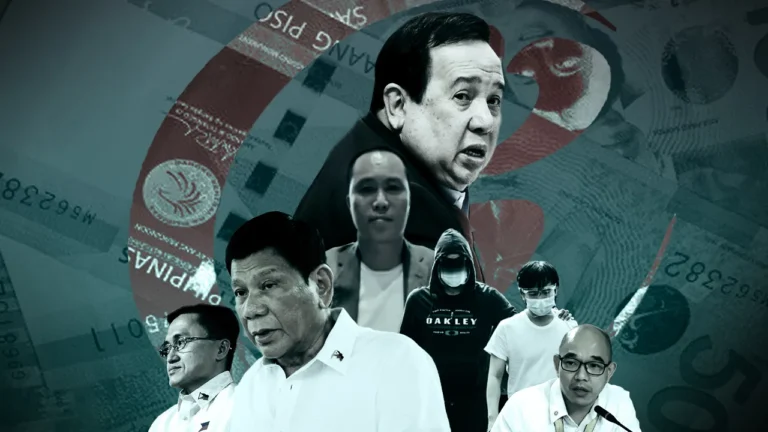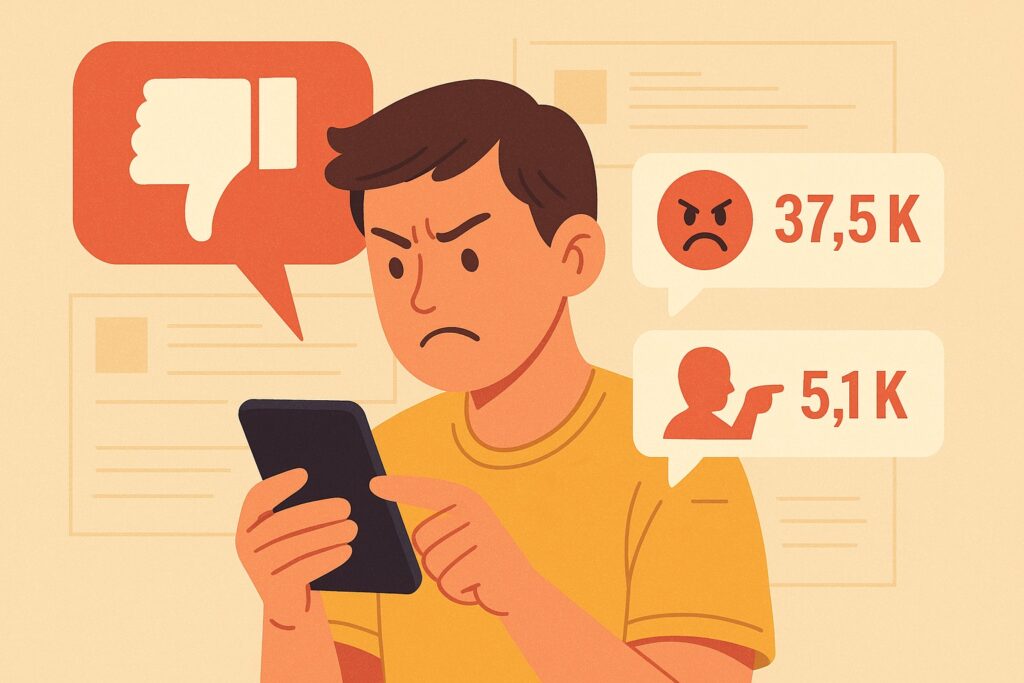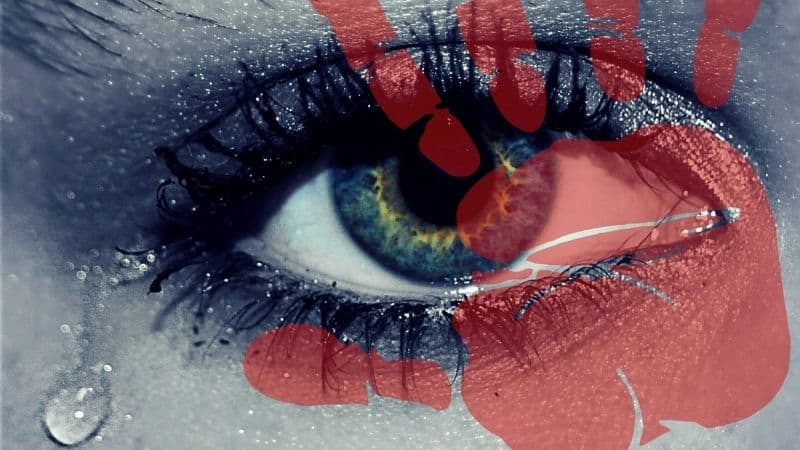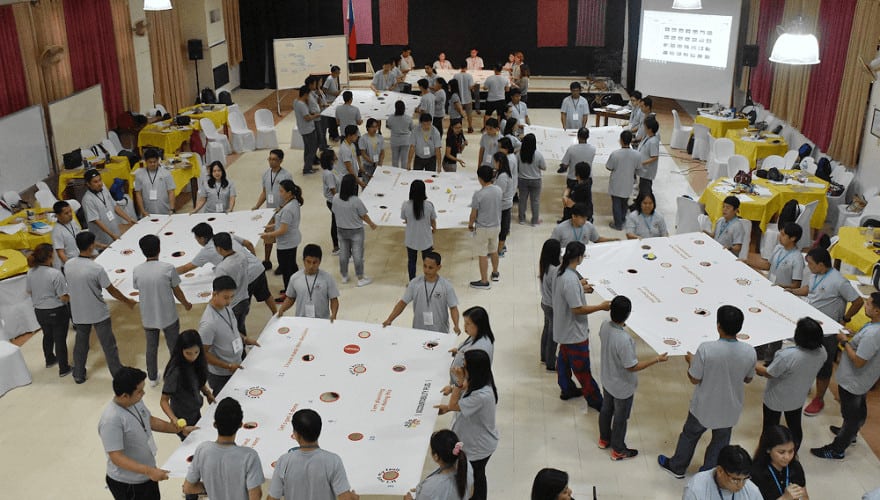I still remember sitting in front of the television, my coffee turning cold, as I watched the Senate hearings on the Pharmally scandal in 2021. Senators were grilling young executives of a small company that—almost overnight—secured billions of pesos worth of contracts for pandemic supplies.
The numbers were staggering. A company with a starting capital smaller than a sari-sari store was suddenly entrusted with over ₱11 billion in public funds. The supplies they delivered were not only overpriced but also substandard—face shields that cracked easily, protective gear that barely met safety standards.
I wanted to believe accountability would follow. That those responsible would face the law. That government officials who approved the deals would explain why such lapses happened in the middle of a health crisis. But as weeks turned into months, hearings into headlines, and headlines into silence, a disturbing reality sank in: very few were ever truly held accountable.
It felt scandalous. It felt insulting. And yet, by 2022, many Filipinos had already moved on—or had never really heard the details at all.
That moment became a turning point for me. I realized something bigger than Pharmally was at stake: our collective memory.
The scandal was not hidden. It was broadcast live, reported in newspapers, flagged in Commission on Audit (COA) reports. And yet, for millions of Filipinos, it might as well not have happened.
Why? Because propaganda and troll networks kept insisting it was “politics.” Because audit reports were too technical for ordinary citizens. Because people were exhausted from the pandemic and too cynical to believe anything would change.
I realized then that corruption doesn’t just thrive in silence. It thrives when we forget.
And so I began collecting stories—not rumors, not “chismis,” but facts from COA reports, Senate hearings, and credible journalism. What emerged was a pattern of corruption that stretched far beyond Pharmally.
Ten Issues We Must Not Forget
The ten fact sheets I compiled (you can download them here [insert link]) are only a sample. They don’t cover everything. But they show a truth that propagandists want us to erase: corruption happened under Duterte’s watch, and it hurt the Filipino people deeply.
Let me walk you through them—not as cold lists of scandals, but as real moments that shaped, and scarred, our nation.
1. Pharmally: The Pandemic Betrayal
I already told you how I first encountered this scandal. Imagine being a health worker in 2020, risking your life every day, only to discover that the protective gear you received was overpriced and substandard. Imagine realizing that while you were fighting to save lives, others were profiting off your sacrifice.
The betrayal was not just financial. It was moral.1
2. PhilHealth: Ghost Patients, Real Losses
Around the same time, another scandal unfolded at PhilHealth. Billions were allegedly lost to ghost patients, fraudulent claims, and overpriced IT projects. A whistleblower spoke of a “mafia” inside the institution.
I thought of the poor families lining up at hospitals, clutching PhilHealth cards like lifelines. For them, every peso mattered. But behind the scenes, billions were slipping away.
When leaders downplayed the scandal as “politics,” many citizens tuned out. But for those denied hospital reimbursements, the corruption was painfully real.
3. DOH COVID-19 Budget Irregularities: Missing Billions
The COA report of 2021 flagged ₱67 billion in “deficiencies” in the Department of Health’s pandemic spending. The term “deficiency” sounds technical, even harmless. But what it meant was medicine near expiry, unpaid benefits for health workers, and money stuck in bureaucratic limbo while people died.
Health workers protested in the streets. They demanded their allowances. Yet many citizens barely noticed—because official messaging downplayed the findings as “normal audit observations.”
4. Fertilizer Overpricing: The Old Scam Returns
Overpriced fertilizer contracts are not new in Philippine politics, but seeing it happen during a pandemic felt like déjà vu. In 2020, fertilizers were bought at ₱1,800 per liter—when the market price was around ₱150.
Farmers who could barely sell their palay at a decent price were told the government was “helping” them. But the real beneficiaries were contractors and middlemen.
This time, rural communities suffered most, yet urban media barely paid attention.
5. Overpriced Ambulances: A Nation on Emergency
In 2021, senators flagged the purchase of ambulances under the Health Facilities Enhancement Program. Units were priced at ₱2.5 million each—about a million pesos more than market value.
Think about that: every overprice meant one less ambulance for a rural town that might never see another chance to get one. In a pandemic, that difference could mean life or death.
But because it was “only millions” (not billions like Pharmally), many dismissed it as small. This is how corruption hides—in plain sight, under the shadow of bigger scandals.
6. Customs Smuggling: Billions Lost, Farmers Crushed
From 2017 onward, massive smuggling cases plagued the Bureau of Customs. The ₱6.4 billion shabu shipment of 2017 was only the beginning. Billions more were lost through smuggled rice, sugar, and onions, undercutting local farmers.
I remember how onion prices skyrocketed in later years, partly because smuggling distorted supply chains. Yet few connected the dots: corruption at Customs had long-term effects on our food security.
7. Military & Police Procurement: Weapons of Waste
Between 2018 and 2021, the Armed Forces and Police were flagged for overpriced helicopters, firearms, and body armor. Soldiers on the frontlines risked their lives with questionable equipment, while billions meant for modernization leaked away.
But defense spending is technical, hidden behind acronyms and procurement jargon. Propaganda painted a picture of a “strong military,” but beneath the image was waste and inefficiency.
8. Boracay: Clean Beach, Dirty Deals
When Boracay was shut down in 2018 for “rehabilitation,” I wanted to believe it was for the environment. And yes, sewage systems improved. But I also heard stories of small businesses shut down, while big resorts secured environmental clearances.
The message was clear: laws can be bent for the powerful. Even a noble cause like environmental protection can be weaponized for profit.
9. Rice Importation & Fertilizer Programs: Farmers Abandoned
The Rice Tariffication Law (2019) was supposed to lower rice prices for consumers. But the sudden flood of imports crushed local farmers, who couldn’t compete with cheap rice.
At the same time, fertilizer programs were once again flagged for overpricing and weak distribution. Farmers were promised support, but many felt betrayed.
Food security is not just about cheap rice today. It’s about sustaining farmers tomorrow. Corruption in agriculture robs us twice: of money and of our future harvests.
10. Unexplained Wealth: Shadows at the Top
Finally, there were the allegations of unexplained wealth—bank deposits, properties, and accounts linked to those in power. Reports surfaced as early as 2017, but probes were stalled, dismissed, or buried.
The message to ordinary Filipinos was chilling: if even the highest offices can shrug off accountability, what chance do we have of fighting corruption elsewhere?
Why Many Forgot (or Never Knew)
By now you might be asking: why didn’t these scandals explode into nationwide outrage?
The reasons are painfully familiar:
- Propaganda and Trolls. Networks dismissed reports as “fake news” or “political attacks.”
- Technical Language. Audit terms like “deficiency” or “fund transfers” dulled the urgency.
- Crisis Fatigue. The pandemic overwhelmed people with survival concerns.
- Distrust in Institutions. COA, Ombudsman, and Senate were painted as “biased,” making people tune out.
- Lack of Consequences. Few were punished, reinforcing cynicism.
In short: corruption wasn’t just about money stolen. It was about memory stolen.
What We Could Have Done (and Failed to Do)
Looking back, I ask myself: what could we, as citizens, have done differently?
- We could have demanded clarity. Instead of letting jargon confuse us, we could have insisted on plain-language explanations of audit findings.
- We could have resisted propaganda. By fact-checking, by teaching our children how to spot fake news.
- We could have stood with whistleblowers. Many were left to fight alone, while trolls mocked them.
- We could have kept the conversation alive. Instead of moving on after the headlines, we could have kept asking: what happened to that case?
But we didn’t. Or not enough of us did. And so the scandals faded, leaving space for propagandists to claim: “No corruption happened.”
What We Must Do Moving Forward
We cannot undo the past. But we can decide how we carry it.
Here are some commitments we can make as citizens:
- Remember. Download the [fact sheets] and share them. Use them in classrooms, barangay discussions, and family conversations.
- Educate. Translate technical reports into stories people can understand. Make corruption visible in human terms.
- Demand Accountability. Push for lifestyle checks, transparent procurement, and stronger oversight.
- Support Investigative Journalism. Journalists who dig into corruption need readers, subscribers, and defenders.
- Vote with Integrity. Leaders who tolerate corruption will repeat it. Choose wisely.
- Build Communities of Truth. Encourage critical thinking in schools, churches, and civic groups.
Watching Today’s Silence
It is now September 2025, four years after Pharmally hearings, and I sometimes scroll through social media in disbelief. Propagandists still claim: “No corruption happened under Duterte.”
Some young people believe it, not because they are blind, but because they were never given the facts.
That silence is more dangerous than any scandal. Because when we forget, corruption becomes invisible. And when it is invisible, it becomes unstoppable.
A New Direction
That is why I write this—not to relive anger, but to remind. These ten issues are only a sample. There were more, and there will be more, unless we remember.
If this article reaches ten people, or a hundred, especially students who want to study our society, then perhaps it can spark a conversation. And if conversations grow into actions, then memory becomes movement.
We Filipinos are not powerless. We only become powerless when we accept forgetting.
Closing
Corruption during the Duterte years was real. Billions were lost, lives were endangered, trust was eroded. To deny it is to deny the truth.
But the bigger tragedy is not what they stole. It’s what we allowed ourselves to forget.
History doesn’t repeat itself by accident. It repeats when we close our eyes, when we stop asking questions, when we stop remembering.
So let us keep our eyes open. Let us keep asking. Let us keep remembering.
Because the fight against corruption is not about the past. It is about the future we want for our children.
If you want Filipino values to show up as real behavior at work…
Let’s turn it into a culture shift experience.
→ Shift Experiences




